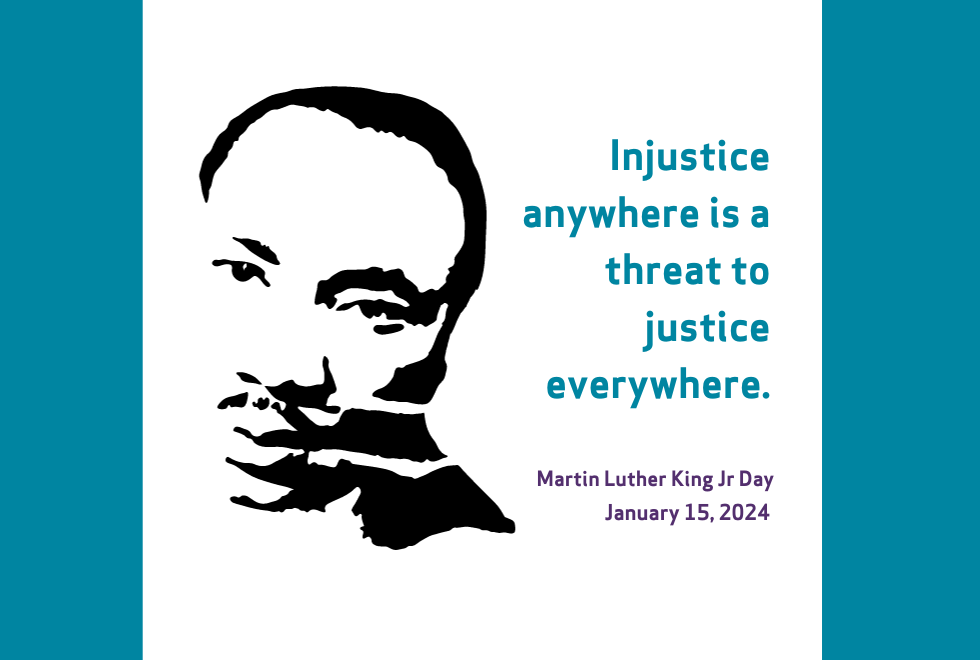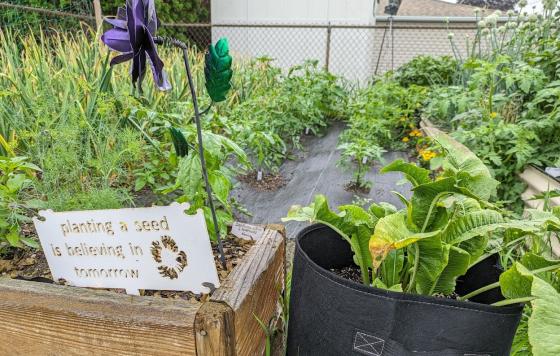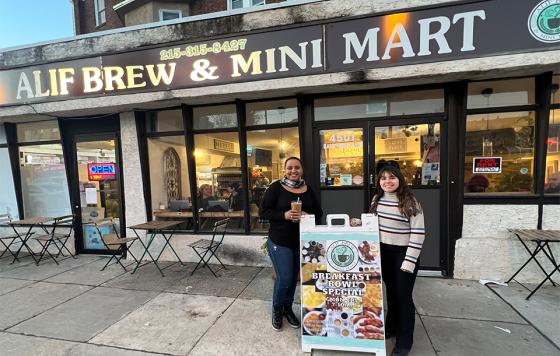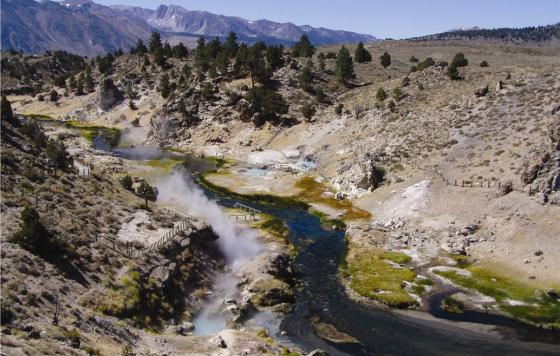
On January 15, 2024, we will celebrate one of America's most radical thinkers and revolutionaries of the 20th century, Dr. Rev. Martin Luther King Jr.
Dr. King is arguably the most honored non-elected citizen in the history of the United States of America as evidenced by the fact that Dr. King is the only American to have a federal holiday named in their honor without having served a day in public office.
This is the 38th year that Dr. King's holiday has been observed. Respected for being a civil right activist who delivered the “I Have A Dream” speech at a march in Washington in 1963, his life ended when he was assassinated in Memphis five years later. Dr. King was in Memphis to support and stand in solidarity with striking garbage workers in their efforts to fight for human dignity and a higher wage.
Most Americans can refer to the “I Have a Dream” speech when you ask them to tell you one of Dr. King's most memorable speeches, but not many can tell you about the speech from April 4, 1967, entitled “Beyond Vietnam” delivered at Riverside Church in New York City.
When you juxtapose King’s “I Have a Dream” Speech and his “Beyond Vietnam” speech, there are two different thoughts in my view. The sanitized retelling of King’s life leaves us at his dream; the realistic retelling of King’s life suggests to us that he had a sharp critique of the American government’s practices.
From “I Have a Dream:”
It is a dream deeply rooted in the American dream. I have a dream that one day this nation will rise up, live out the true meaning of its creed: We hold these truths to be self- evident, that all men are created equal.
In his “Beyond Vietnam” speech, one of the quotes that reaches out to me is:
A nation that continues year after year to spend more money on military defense than on programs of social uplift is approaching spiritual doom. We were taking the black young men who had been crippled by our society and sending them eight thousand miles away to guarantee liberties in Southeast Asia which they had not found in southwest Georgia and East Harlem.
We know MLK is popular to tweet and quote now, but early in 1968, according to the Harris Poll, King had a 75% disapproval rate from the public. When you start speaking truth to power, invariably you’re not going to be the most liked by the masses of people during your lifetime (i.e. Jesus, Gandhi, Frederick Douglas, etc.). After his “Beyond Vietnam” speech, some faith leaders denounced him. The New York Times editorial board criticized King and said he was doing a disservice to both the cause of civil rights and the war in Vietnam.
The Washington Post editorial board said that King, “diminished his usefulness to his cause, his country and his people.” 168 newspapers denounced him, and friends told him to stay in his lane of fighting for Civil Rights and not address international issues.
But King understood that:
All mankind is tied together; all life is interrelated, and we are all caught in an inescapable network of mutuality, tied in a single garment of destiny. Whatever affects one directly affects all indirectly. For some strange reason I can never be what I ought to be until you are what you ought to be. And you can never be what you ought to be until I am what I ought to be - this is the interrelated structure of reality.
King had the courage of his conviction to declare the US government wrong for trying to resolve racial justice abroad and not deal with racial justice issues domestically.
According to the U.S. Census Bureau's Supplemental Poverty Measure, 12.4% of U.S. residents lived in poverty in 2022, approximately 41 million people. 13.8 million U.S. households may find water bills unaffordable, and the poor are disproportionately affected by climate change. We also have a crisis of uninsured people living in the United States with 26 million people; 7.9 percent of the population.
Realistically we are living in some very dark and difficult days, the likes of which we have never seen before. There are many injustices happening in our world today that manifest in forms of racism, sexism, ageism, classism, xenophobia, environmental devastation, and other forms of oppression.
The preeminent social justice issue of our time is climate change. Climate change is a change in the earth's global temperatures and weather patterns. The planet is in a great state of distress because of climate change. The climate crisis represents an urgent and existential threat to civilization, with an international consensus of scientists agreeing that humanity must drastically reduce greenhouse gas emissions if the world is to limit warming to 1.5 degrees Celsius without endangering the existence of humans.
From shifting weather patterns that threaten food production, to rising sea levels that increase the risk of catastrophic flooding, the impacts of climate change are global in scope and unprecedented in scale.
Low-income communities and communities of color continue to be targeted as sites for oil and gas infrastructure, landfills, and hazardous waste dumps diminishing the quality of air, water, and land - causing immense damage and health issues that are sometimes deadly.
Building climate resilient communities is important to people's ability to survive extreme weather events like heatwaves, floods, hurricanes, etc. It is inevitable that we’re going to continue to see these sea level rise events, stronger heat waves, more floods, more droughts, etc. in the Boston area and across the country. It is critical to form social ties and for neighbors to really get to know each other. People working together is important in the fight for social and climate justice.
We believe that there is no greater way to show our gratitude than to continue to fuel Dr. King's dream with action. At Clean Water Action, our mission is to protect our environment, health, economic well-being, and community quality of life. These are not mere words – we live them every day as we advocate for clean water and environmental justice for all people.
At Clean Water Action we envision a society where everyone has access to clean water and clean energy. We envision a society where our clean water laws are strong and useful in protecting water and people’s health. We envision a society where our water is protected from dirty energy threats. We envision a world in which all people have access to quality healthcare and elected offices are filled with candidates who are committed to tackling the climate crisis and centering environmental justice in their policy making.
Something tells us that if Dr. King were here today, he would stand with us!
Injustice anywhere is a threat to justice everywhere.
It’s clear - We must march on! We will march on! Join us in the fight for environmental and social justice.



